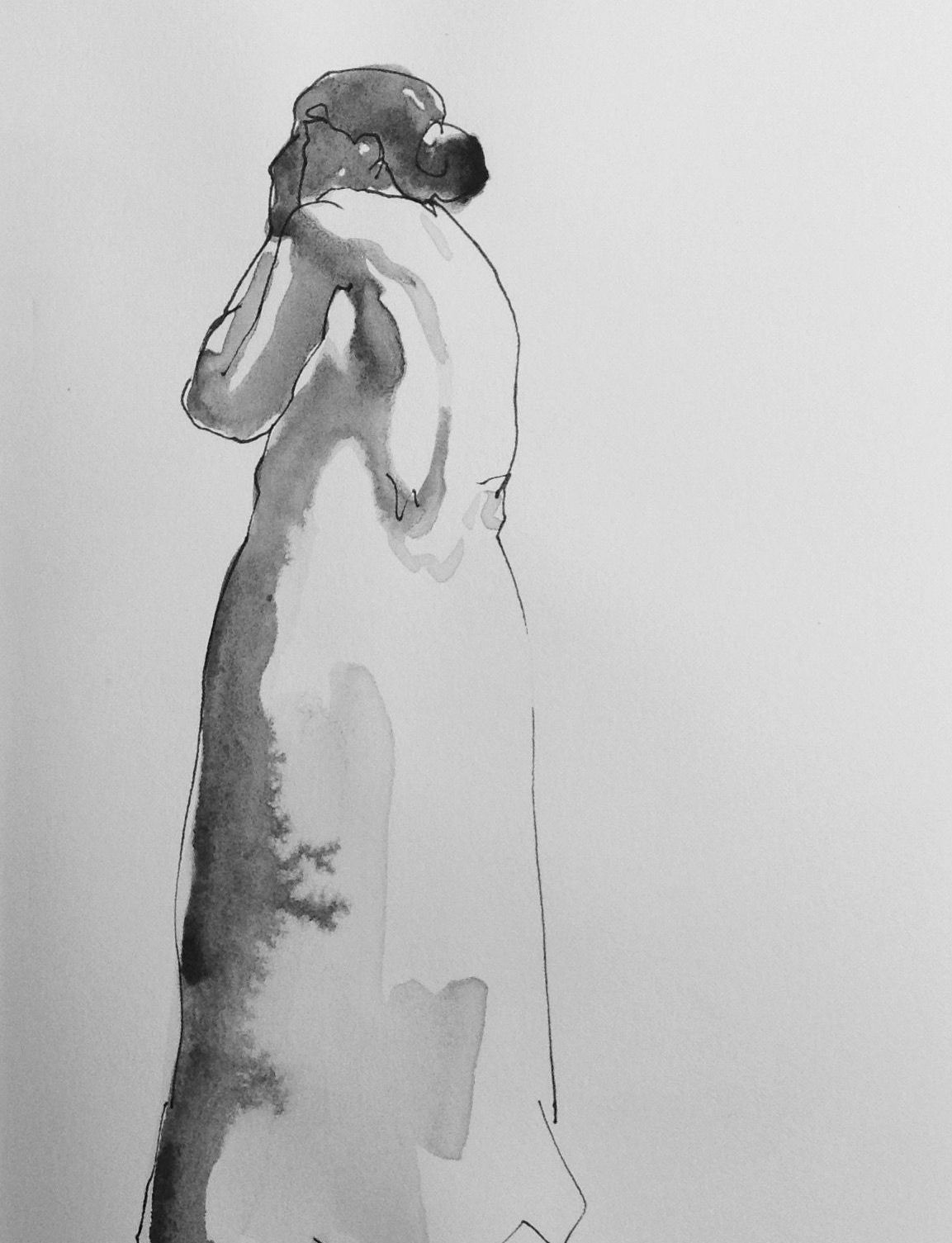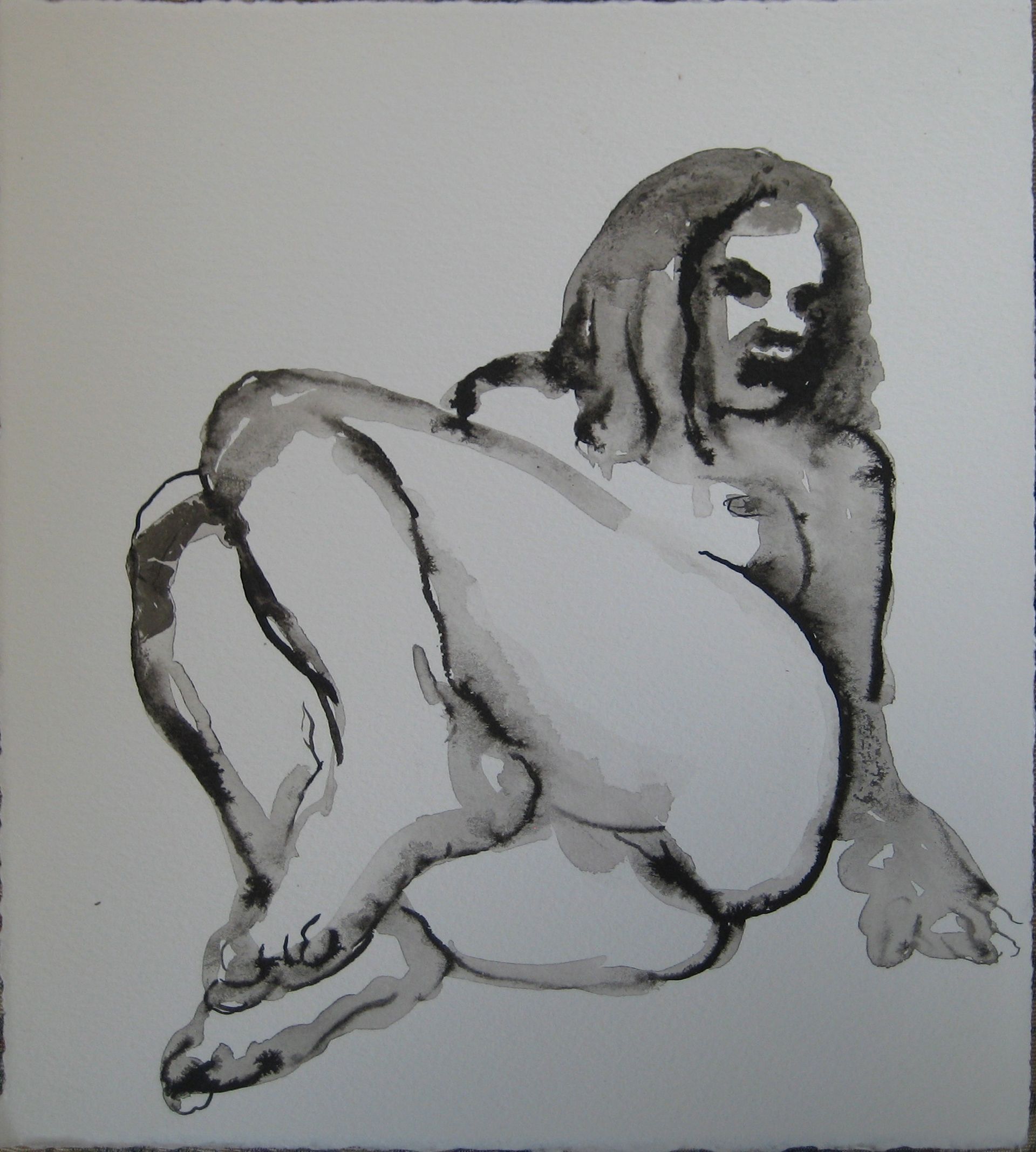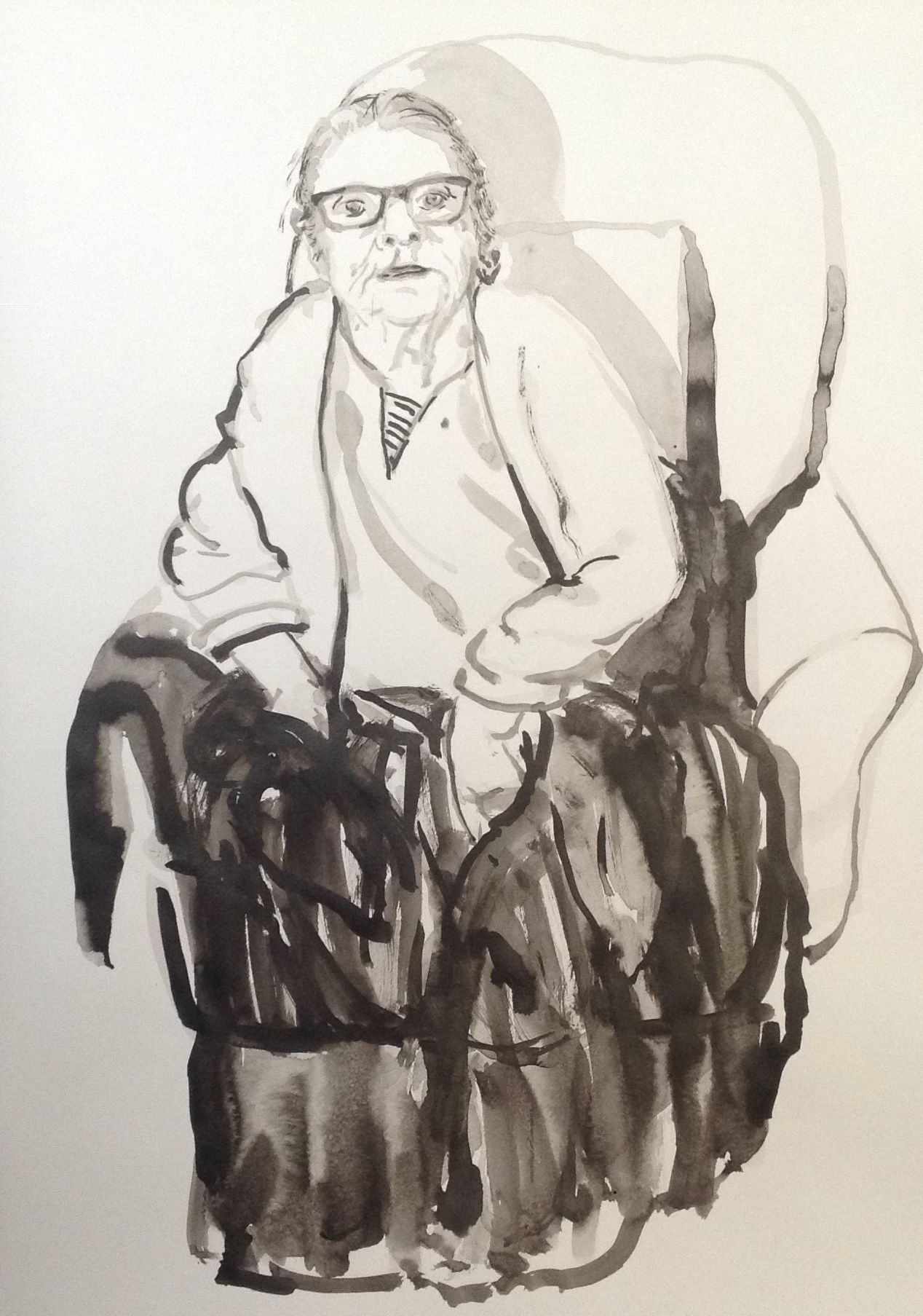Human Civilisation
Humanity is an odd collection of mutually accepted narratives, which have very little to do with the reality of human existence and the human condition. Control of these narratives which become normalised through the sectarian nature of power is usually contained within the cultural and lawful regulatory framework of a society. Each society advocate their power and importance as "Just" thereby occluding other narratives which they usually describe as "Evil". They become the good with a divine plan to rid the world of evil. God complexes are a major driver of those who control power in a society. Absolute power promotes omnipotence, if questions are raised criticising the actions it takes, these are countered with cries of "traitor", "not one of us", "the enemy within". Isolation from society is a fundamental weapon of power and has been used since the biblical expulsion of Adam and Eve from paradise.
Civilisation is a a way of life defined by trade, stability and place. Toynbee describes civilisation as an "organism with the life cycles of genesis, growth, breakdown and disintegration". History supports this assumption, presently we are witness to failed states fighting for their place as trade wars escalate, epidemics increase, the movement of people escaping poverty, seeking safety, war and genocidal hate grows. All leading to an increase in violence against the Other. Readily fuelled by the propaganda of power in the form of protectionism, hate, blame and disinformation.
Culture is a cornerstone of Civilisation because it shapes society. Each society forms its culture as propaganda to control and as a weapon of self defence to enable systems for control and power. Without powerful systems of control, individuals in a society can freely move from one society to follow another. For power this is unacceptable because it weakens its' authority. For any civilisation society, culture and the human construct are inseparable from the power that models and controls it. When atrocities are perpetrated, claiming them as "Just" is normalised behaviour, especially when being claimed by the leaders of a society committing the atrocities.
Hidden, buried under layers of earth are the myriad of victims whose voice they have silenced. Witnesses to the overwhelming hypocrisy of power and "Just" societies.

Hell is Empty
Here
Buried under the Aspen tree
Still trembling
Secrets so deep
Dead to the World
Snowdrops flower accusingly
Onlookers await
Silently sated
Identity fixed
Sadistic Vampires with
Sunglass eyes
The blades of grass point
Here
Buried under the Aspen tree
Bodies entwined, cold
Piled death chambers
The damp earth recoils
The songbird wails
Onlookers wait
The vacuum
Power seeking
Rooks and Crows
Death black silent
The worm toils the evidence
Here
Buried under the Aspen tree
Others, open mouthed
Silent stains
Unheard screams
A mouse gnawing at time skips
Onlookers
Hell red saturated
Memories, persecution bound
Silent history
Hell is Empty.
“The Devils are Here”

A World in Constant Turmoil - Patterns
Given that human civilisation is portrayed as "an advanced state of human society, in which a high level of culture, science, industry, and government has been reached" it is apparent that the constancy of conflict revisited by humans destabilises notions of truth. Each link in the chain of human civilisation is formed by lies, tyranny, propaganda and entitlement. The aggregate of human civilisation that becomes formed by history is usually a biased narrative to support a particular polarity. Defining a truthful analysis of human civilisation is impossible, all one can look at is the patterns of human behaviour. Within these patterns it is possible to gain an insight into the constant merry-go-round that is the narrative of human civilisation.

Good over Evil or Evil over Good
Perhaps Humans' should stop pretending they are either good or evil. All are both. All are conditioned by society. All lie in one form or another. What protects them are the internal barriers to reality they construct as truth for the exterior world.
Gino asks the question "what composes the human soul" the non material human construct of memory, identity and personality?

Good Samaritans







